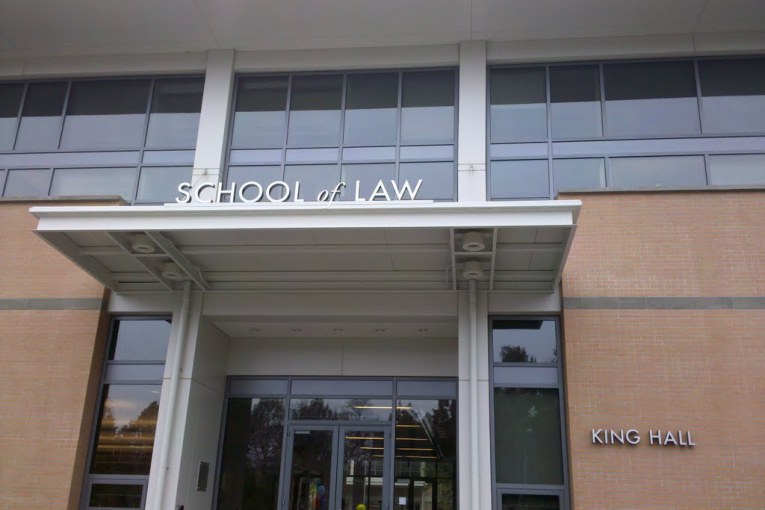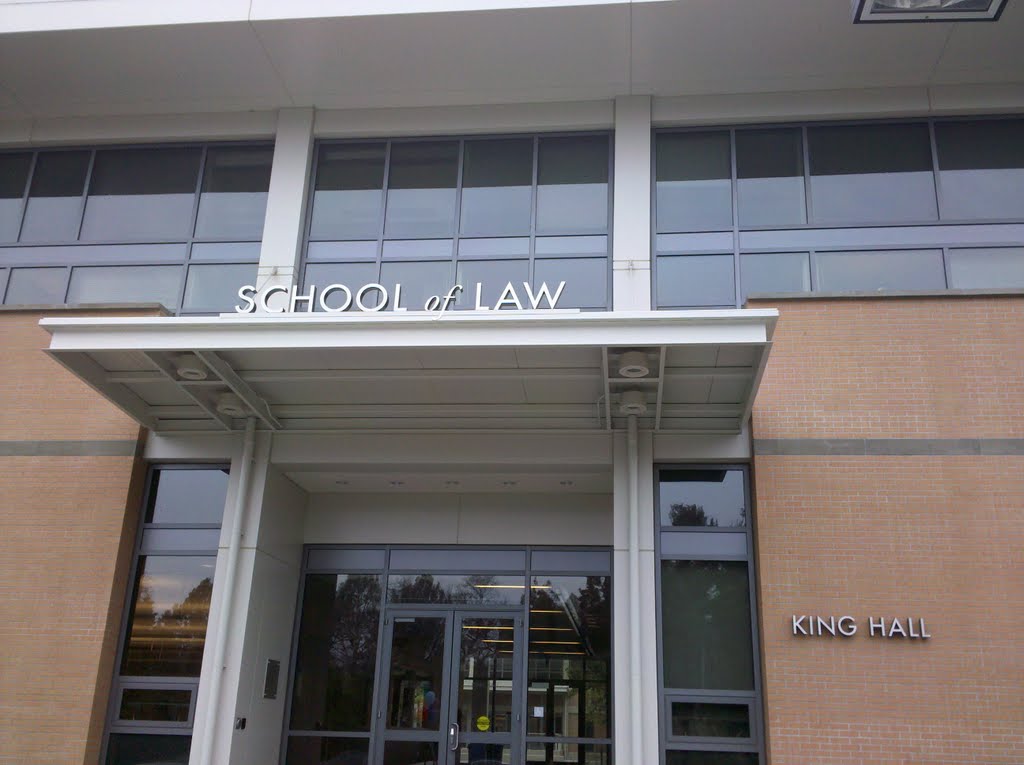

Editor’s note: On Nov. 28, Dean Kevin R. Johnson announced that the law school would no longer provide data to U.S. News & World Report for use in compiling its law school rankings. They become the Fourth California Law School and join a growing list of schools that has withdrawn from providing data beginning with Yale.
By Kevin Johnson
Beginning today, UC Davis School of Law will no longer provide data to U.S. News & World Report for use in compiling its law school rankings. This decision has been made after receiving guidance from the law faculty, campus leadership, students, alumni, and others.
Major flaws with the U.S. News rankings are well-documented. Although law schools have in good faith worked with the magazine on improvements, U.S. News has failed to meaningfully change the rankings methodology. The survey techniques, accuracy, and fairness of the rankings remain problematic, which produces a misleading ranking of law schools. Even small changes in one variable can lead to a dramatic shake up of the rankings. The regular “corrections” of the rankings by U.S. News shows their volatility and undermine their legitimacy.
The failures in the rankings methodology are too many to mention here but include (1) the failure to treat public service fellowships that spawn public service careers as full employment; (2) the failure to fully account for the resources available at public law schools; and (3) the overemphasis on standardized test scores in evaluating student selectivity. Moreover, the U.S. News scoring system discourages schools from devoting resources to help students pursue public interest careers or assist students of limited means obtain a legal education.
There is a more fundamental flaw in the U.S. News law school rankings. As I wrote years ago (here, here, here), the U.S. News rankings discourage law schools from enrolling more diverse student bodies and do not in any way value more diverse law faculties. The significant weight given to Law School Admission Test scores of students in the rankings serves to chill individual review of applications, affords undue weight to test scores in the rankings, and effectively discourage the admission of African American, Latina/o, Native American, and Asian American applicants in a country where fewer than 20 percent of all lawyers are people of color.
Despite discussions over many years, the diversity of a law faculty and student body (as well as teaching effectiveness and student satisfaction), are not considered in the U.S. News law school rankings. In announcing a diversity index last year, U.S. News, to its embarrassment, proposed treating Asian Americans and multiracial students as the equivalent of whites. Understandably, an uproar followed. Asian Americans, who suffered a shocking spike in hate crimes during the pandemic, were added to the group of non-whites. In the end, the U.S. News abandoned its plan to measure law school diversity.
At a public law school at a land grant university housed in a building named after Dr. Martin Luther King Jr., our approach is very different than that encouraged by the U.S. News rankings. Most fundamentally, we continue to consider how we might actively promote diversity, equity, and inclusion. Through our words and deeds, we emphasize public service, racial and social justice, and global engagement. We strive to promote upward mobility of first-generation students and the underrepresented in the legal profession. In a time when the nation combats systemic racism and law schools have attempted to embrace antiracist practices, all institutions should challenge structures that reproduce racial hierarchy in legal education and the legal profession.
Kevin R. Johnson is Dean and Mabie-Apallas Professor of Public Interest Law and Chicano/a Studies, UC Davis School of Law






Really? UC Davis (and other universities) are proposing this as a measure of “ranking”?
What exactly does U.S. News use to rank law schools? And more importantly, what is most-important to students (including those “of color”)? Do they (for example) care more about getting a job, vs. what color their classmates are?
Also, since Affirmative Action was soundly rejected by California voters, why is it that universities seem intent on finding ways around this?
Compared to Asians, “whites” would be an under-represented group on most campuses. That’s why Affirmative Action would disproportionately harm Asians.
What exactly is there for U.S. News to be “embarrassed” about?
Again, Asians are over-represented compared to ALL other “groups”. Why would they be “added” to groups that are under-represented? (If anything, it’s more “accurate” to add them to the “white” group, in terms of representation.)
At least there’s still some sanity in the world, despite the continued efforts of universities to undermine the intent of the law.
On a related note, is there any consideration regarding the enormous reduction in the percentage of males attending universities? And if not, why not? There’s your “minority” group.
I’m increasingly of the opinion that universities (like school districts) have WAY TOO MUCH AUTONOMY to inflict their views (politically, financially, and otherwise).
I’ll stop just shy of stating, “defund public universities”, for now at least. 🙂
But I’m increasingly-disgusted at the way they believe they’re above the intent of the law, and that they have a “right” to inflict their political views on everyone – including their own students.
In addition, de-emphasizing “results” will inevitably devalue the worth of a college degree.
And what exactly do “hate crimes” against Asians (as mentioned in the article) have to do with this in any way, shape or form?
The theory being that if enough Asians become attorneys, hate crimes will cease?
Or, that by “lumping in” Asians with other non-white groups (instead of whites), hate crimes will cease?
Is this what they’re teaching in law school, these days?
I take it back – I’d actually like to see some of this type of thing de-funded. No joke.
Underlying all of this is actually a hatred and blaming of white people. There’s really no other conclusion that can be drawn from it. (Interestingly-enough, most of that hatred is coming from white people, themselves. The “woke” crowd, as it were.)
Actually, let’s focus on this statement more closely.
Is this referring to what U.S. News did, after whatever “uproar” supposedly occurred?
One might think that universities would prefer to categorize Asians with “non-whites”, for the purpose of seeming more diverse than they actually are. Or, did they for some reason “object” to this re-categorization as well? (It’s not explained in the article.)
Maybe these universities are “onto something”, in that race-baiting is actually/increasingly leading to job opportunities for attorneys. As such, perhaps it is a measure of “success” after graduation. (Of course, more difficult for white attorneys to participate in that type of litigation, but some find a way.)
And at what point will the race-baiters “admit” that Asians are “under-represented” in prisons? (Not much “mass incarceration for them, is there?)
And for that matter, are all Asian subgroups the “same”, regarding any of this? Chinese, Japanese, Indian, Filipino, Thai, etc – all the same per this type of advocacy?
[edited]